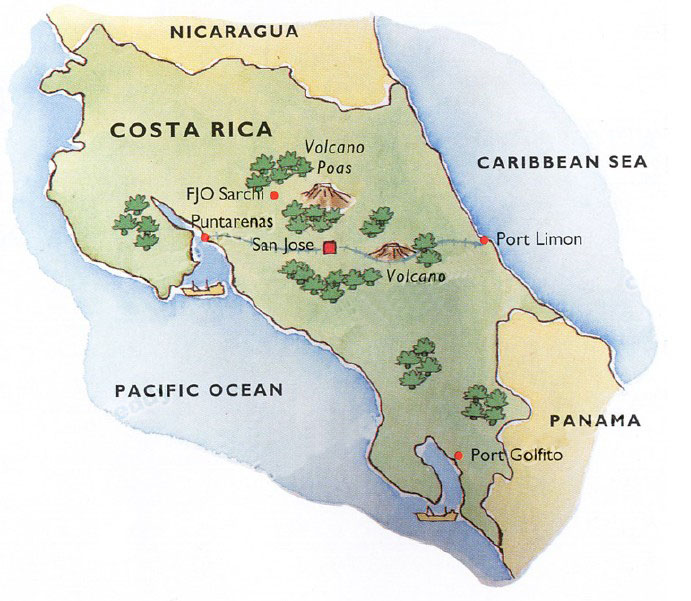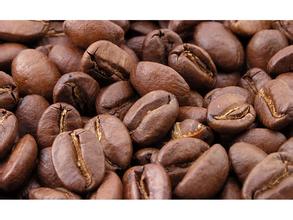African Coffee Manor Ethiopia Gemma Coffee Raw Bean DjimmaG4 Sun Mocha Flavor
CONTENT
[Name] Djimma
Ethiopia (Ethiopia)
[Treatment] Sunburn
[Baking] Recommended baking degree: Deep baking
A slightly sour, full and complex taste, with a special fruity aroma (similar to earthy or grassy)
Gemma is close to Harald's complex wildness in style, slightly bitter in the mouth, low in acidity, warm and thick in the mouth, and sweet with pleasant rock sugar sweetness.

Ethiopia is the birthplace of coffee in the world, and the volcanic ash land near the Great Rift Valley of East Africa is particularly suitable for high-quality coffee production. Ethiopia has several famous coffee producing areas, each with different flavor characteristics, and the coffee beans produced are named after the place of origin, which is one of the best coffees in the world. Coffee classification for washing 1-3, sun 4-6, washing coffee for the highest level of 1, sun coffee for the highest level of 4.
Djimma produces sunburn grades G4 and G5: beans from Jima are mainly from Kaffa and Illubabor. Kaffa is where coffee gets its name. Djimma is Ethiopia's largest coffee producing area, known for its consistency and acidity, slightly acidic, nutty aroma and long aftertaste. It's also typical of sunburnt mocha. The planting altitude is approximately 4,400 - 6,000 feet.
The beans of Jima are fragrant and strong, suitable for Chinese people's popular taste. They can be used as single items or as the main ingredient of coffee.
Ethiopia is blessed with natural conditions for growing all conceivable varieties of coffee. Ethiopia's coffee beans are mainly grown as highland crops in areas with altitudes of 1100-2300 meters above sea level, roughly distributed in southern Ethiopia. Deep, well drained soils, slightly acidic soils, lateritic soils, and soft loamy soils are suitable for coffee beans because they are rich in nutrients and have an adequate supply of humus. Rainfall is evenly distributed during the seven-month rainy season; fruit grows from flowering to fruiting and crops grow 900-2700 mm per year during the plant growth cycle, while temperatures fluctuate between 15 ° C and 24 ° C throughout the growth cycle.
A large proportion of coffee production (95 per cent) is done by small shareholders, with an average yield of 561 kg/ha. For centuries, small shareholders of Ethiopian coffee farms have been producing a variety of high-quality coffee types. The secret to producing good coffee is that coffee farmers have developed a coffee culture under suitable conditions through generations of repeated learning of the coffee growing process, which mainly consists of farming methods using natural fertilizers, picking the reddest and fully ripe fruits and processing them in clean conditions. Ethiopian coffee varies in quality, nature, and variety due to differences in elevation, region, location, and even land type. Ethiopian coffee beans are unique due to their natural characteristics, including "size of coffee beans,""shape,""acidity,""quality,""flavor" and "aroma." These characteristics give Ethiopian coffee its unique natural qualities, and Ethiopia usually acts as a "coffee supermarket" for customers to choose from.
Ethiopia is mainly Arabica seed; exports raw beans; uses drying and washing methods for processing; mainly produces in the southwest, east and south; August/January is the harvest period every year; the total production in 1998 was 2,745 thousand bags 164,700 tons; the total export volume was 1,757 thousand bags 105,420 tons; the total production in 1999 was 2,745 thousand bags 164,700 tons; The total export volume was 1,757 thousand bags and 105,420 tons.
Ethiopia is where the name "coffee" was born. Ethiopia's southwestern Kafa region, the southern Sidamo region, the eastern highlands Harar coffee production are very famous.


Source: Devi Coffee
Important Notice :
前街咖啡 FrontStreet Coffee has moved to new addredd:
FrontStreet Coffee Address: 315,Donghua East Road,GuangZhou
Tel:020 38364473
- Prev

American Coffee Manor Costa Rica raw beans SHB imported manor boutique raw coffee beans
CONTENT Costa Rica is a famous coffee bean producer in Central America, which has been famous for its excellent quality and refreshing and bright flavor for many years. In particular, La Minita Manor, the most famous local estate with a history of several decades, has a high altitude of 1200m to 1800m, mild climate, abundant rainfall, fertile soil and extremely strict concentration.
- Next

Asian Coffee Manor Indonesia Manning G1 selected Raw Coffee beans SUMATRA Super Huigan
CONTENT Manning: manning coffee is produced in Sumatra, Indonesia, Asia, also known as Sumatran coffee. Her flavor is very rich, sweet, pure bitter, mellow, with a little sweetness and slight acid, with a long aftertaste and aftertaste. Most coffee lovers drink on their own, but it is also an indispensable variety for blending coffee. It is the combination of fragrance and concentration.
Related
- Does Rose Summer choose Blue, Green or Red? Detailed explanation of Rose Summer Coffee plots and Classification in Panamanian Jade Manor
- What is the difference between the origin, producing area, processing plant, cooperative and manor of coffee beans?
- How fine does the espresso powder fit? how to grind the espresso?
- Sca coffee roasting degree color card coffee roasting degree 8 roasting color values what do you mean?
- The practice of lattes: how to make lattes at home
- Introduction to Indonesian Fine Coffee beans-- Java Coffee producing area of Indonesian Arabica Coffee
- How much will the flavor of light and medium roasted rose summer be expressed? What baking level is rose summer suitable for?
- Introduction to the characteristics of washing, sun-drying or wet-planing coffee commonly used in Mantenin, Indonesia
- Price characteristics of Arabica Coffee Bean Starbucks introduction to Manning Coffee Bean Taste producing area Variety Manor
- What is the authentic Yega flavor? What are the flavor characteristics of the really excellent Yejasuffi coffee beans?

